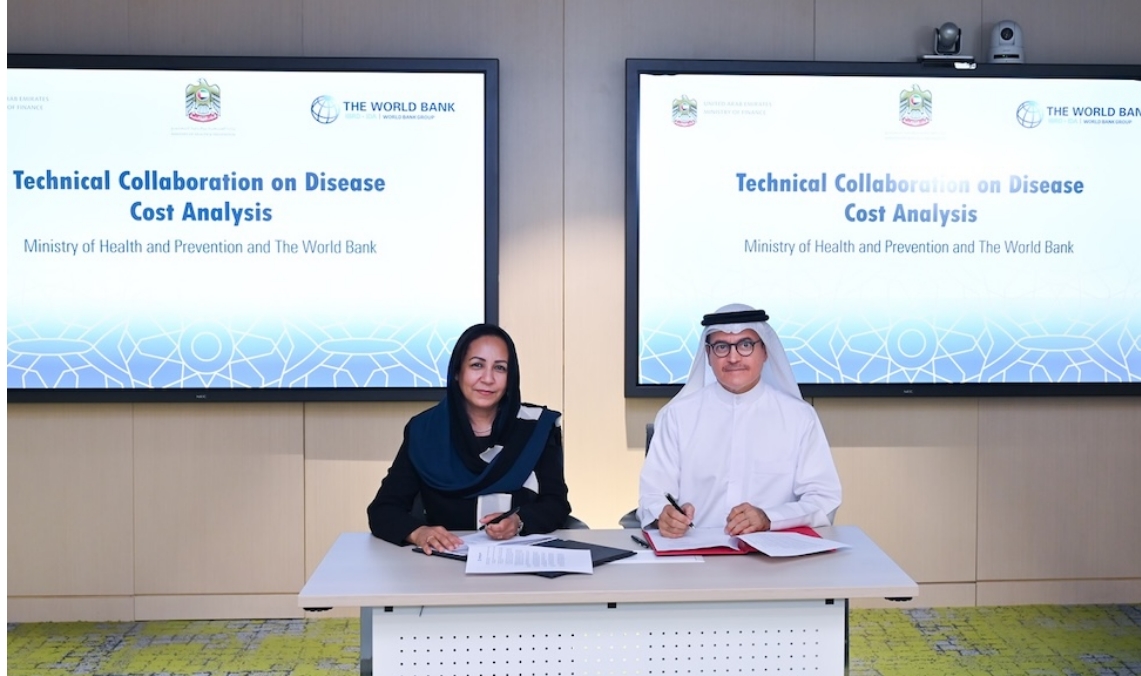
Photo Credit: Freepik
ConvaCare Clinics on April 7. 2021 announced the opening of their first Asia-Pacific presence in Singapore. The Clinic’s comprehensive clinical model will provide community-level and specialized care to patients that are complementary to care received in the hospital setting, to improve clinical outcomes and reduce the burden of healthcare costs.
The clinic opens against the backdrop of Singapore’s aging population as a contributing factor to an increase of chronic conditions such as diabetes and cancer. Conditions like diabetes and colorectal cancer may result in the need for chronic wound and stoma care. Chronic wounds were the most common among citizens aged 50 and above. For people living with diabetes, the risk of developing a foot ulcer that may require chronic wound care is as high as 25%.
Despite advances in surgery, serious colorectal conditions still require patients to live with a stoma. A stoma is an opening made surgically for the bowel to connect directly to the abdominal wall surface, and may be temporary or permanent. Common reasons for a stoma include complicated colorectal cancer (the most common type of cancer in Singapore), bladder cancer, inflammatory bowel disease (Crohn’s disease or ulcerative colitis) and diverticulitis.
Dr Lai Jiunn Herng, Colorectal Surgeon and Director of Lai Endoscopy & Colorectal Surgery, Mount Elizabeth Medical Centre said “ConvaCare Clinics is at the forefront in Singapore by integrating hospital and community specialist care, whilst being a part of an international network of the wound and stoma care clinical, research and technology expertise.”
At least 30% of patients with chronic wounds have experienced depressive symptoms or anxiety, while 50% of people with a stoma reported higher than normal levels of anxiety, and 16% have experienced mild to moderate levels of depression. Stoma patients also experience a deterioration in the quality of life as their physical, cognitive, emotional, and social functions are affected, and the right self-care and psychoeducational interventions are crucial. According to WHO, having integrated and patient-centered care in the community can lead to improved outcomes in depression among chronic care patients.




